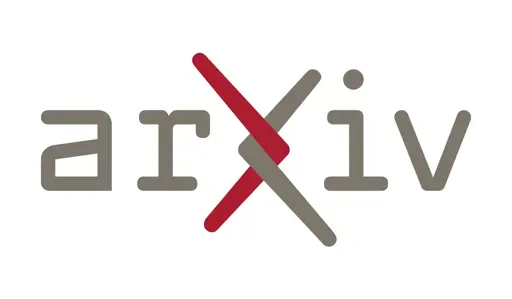This study explores the neural and behavioral consequences of LLM-assisted essay writing. Participants were divided into three groups: LLM, Search Engine, and Brain-only (no tools). Each completed three sessions under the same condition. In a fourth session, LLM users were reassigned to Brain-only group (LLM-to-Brain), and Brain-only users were reassigned to LLM condition (Brain-to-LLM). A total of 54 participants took part in Sessions 1-3, with 18 completing session 4. We used electroencephalography (EEG) to assess cognitive load during essay writing, and analyzed essays using NLP, as well as scoring essays with the help from human teachers and an AI judge. Across groups, NERs, n-gram patterns, and topic ontology showed within-group homogeneity. EEG revealed significant differences in brain connectivity: Brain-only participants exhibited the strongest, most distributed networks; Search Engine users showed moderate engagement; and LLM users displayed the weakest connectivity. Cognitive activity scaled down in relation to external tool use. In session 4, LLM-to-Brain participants showed reduced alpha and beta connectivity, indicating under-engagement. Brain-to-LLM users exhibited higher memory recall and activation of occipito-parietal and prefrontal areas, similar to Search Engine users. Self-reported ownership of essays was the lowest in the LLM group and the highest in the Brain-only group. LLM users also struggled to accurately quote their own work. While LLMs offer immediate convenience, our findings highlight potential cognitive costs. Over four months, LLM users consistently underperformed at neural, linguistic, and behavioral levels. These results raise concerns about the long-term educational implications of LLM reliance and underscore the need for deeper inquiry into AI's role in learning.




Very interesting, emphasis mine :
"findings support the view that external support tools restructure not only task performance but also the underlying cognitive architecture. The Brain-only group leveraged broad, distributed neural networks for internally generated content; the Search Engine group relied on hybrid strategies of visual information management and regulatory control; and the LLM group optimized for procedural integration of AI-generated suggestions.
These distinctions carry significant implications for cognitive load theory, the extended mind hypothesis [102], and educational practice. As reliance on AI tools increases, careful attention must be paid to how such systems affect neurocognitive development, especially the potential trade-offs between external support and internal synthesis."
Also the focus on agency and ownership is also very interesting, namely regardless of the scored outcome or how one might think the work itself changed them, or not, do they themselves feel it is their work?
Why should they care? They’ve gone into this artificial situation for money and they’re just copying/writing words to get paid. It’s similar to school in that sense. Pointless work in order to please people in power.